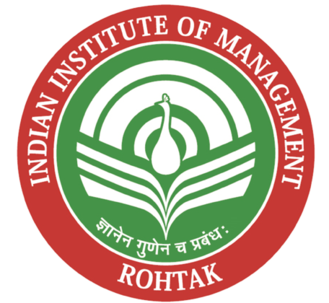Mother Dairy launches Pure Buffalo Milk variant in NCR region
Going ahead, the company has a whole new product and service line-up that will not only address the new-age consumer needs but will embody innovation in the Indian dairy industry.
Mother Dairy announced the launch of its Pure Buffalo Milk variant for consumers in the NCR region. The new variant has been developed based on deep consumer insights, aiming to tap into the latent demand for need-specific milk variants across the country. The newly introduced variant will be available in the NCR market within a week.
Mother Dairy Buffalo Milk has 6.5 per cent fat content and 9 per cent SNF (Solid Not Fat), making it creamier and richer in taste, thus providing a superior mouthfeel in every sip. It is not only a great choice for regular consumption, but also an ideal companion for culinary enthusiasts. Its creaminess makes it perfect for creating delectable desserts, enhancing the overall culinary experience for those who love to experiment in the kitchen. Furthermore, the new variant will comprise of A2 protein. Mother Dairy Pure Buffalo Milk is available in 500 ml and 1-litre packs, priced at Rs. 70 per litre, with a composition of 6.5 per cent FAT and 9 per cent SNF. It is the first product to be launched in Mother Dairy’s golden jubilee year. Going ahead, the company has a whole new product and service line-up that will not only address the new-age consumer needs but will embody innovation in the Indian dairy industry.
Going ahead, the company has a



